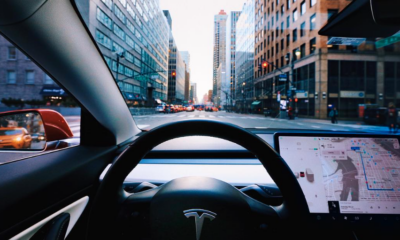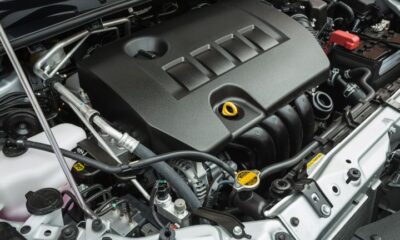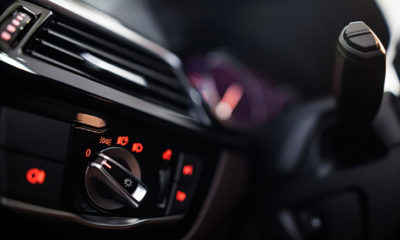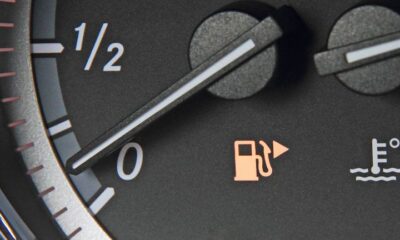NEWS
Most Major Carmakers Admit They Sell, Share Your Personal Data, Study Finds
Published
11 months agoon

More From Auto Overload
-


8 Easy Ways To Increase Your Car’s Value
-


11 Essential Items You Need To Keep In Your Vehicle
-


6 Best High Mileage Motor Oils On The Market
-


Federal Regulators Order Tesla To Share Data On Autopilot’s Hidden…
-


8 Easy Ways To Boost Fuel Efficiency
-


Two Essential Truths Every Car Owner Needs To Know
-


6 Strategies To Save At The Pump
-


9 Things You Should Never Leave In The Car
-


10 Common Car Problems Every Driver Should Be Aware Of
-


Regulators Seek Recall of 52 Million Defective Airbag Inflators Made…
-


UAW Strike Against Big 3 Automakers Looks Increasingly Likely When…
-


6 Popular Car Features That Will Never Be Seen Again


6 Popular Car Features That Will Never Be Seen Again
Venturing into the market for a new car after some time can be overwhelming, given the rapid advancements in vehicle...


6 Best High Mileage Motor Oils On The Market
As vehicles age and accumulate miles, the demand for high-mileage motor oils grows significantly. These specialized lubricants are formulated to...


8 Easy Ways To Increase Your Car’s Value
If you’ve been contemplating selling or trading in your car, there are simple yet effective ways to enhance its value...


10 Common Car Problems Every Driver Should Be Aware Of
While many of us rely on our cars for daily transportation, we often do so without fully understanding the subtle...

